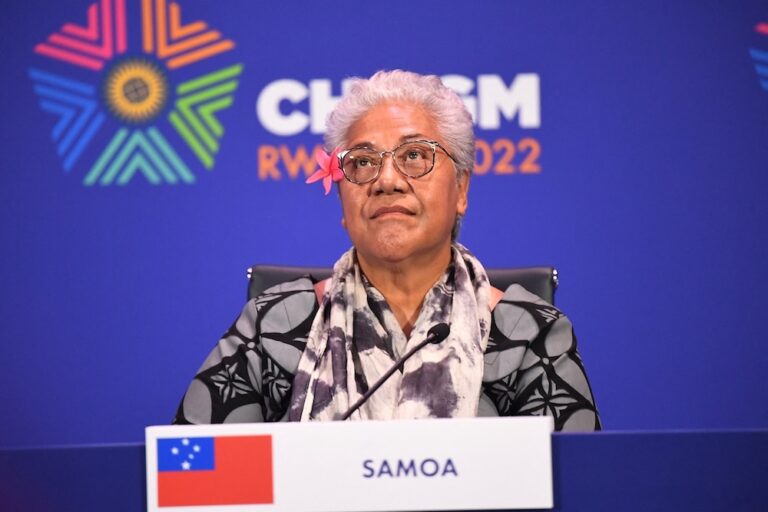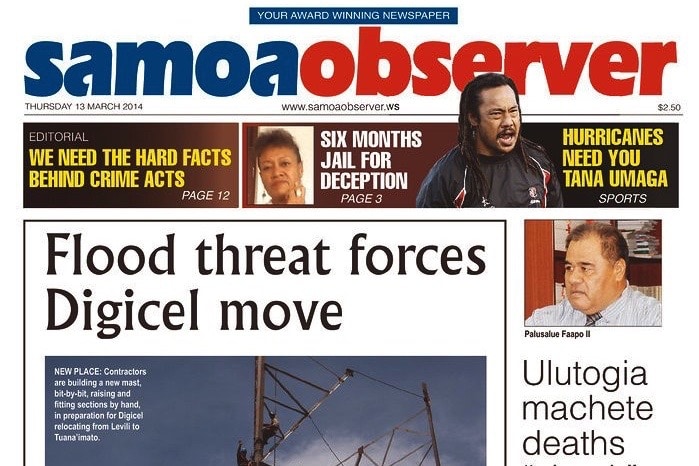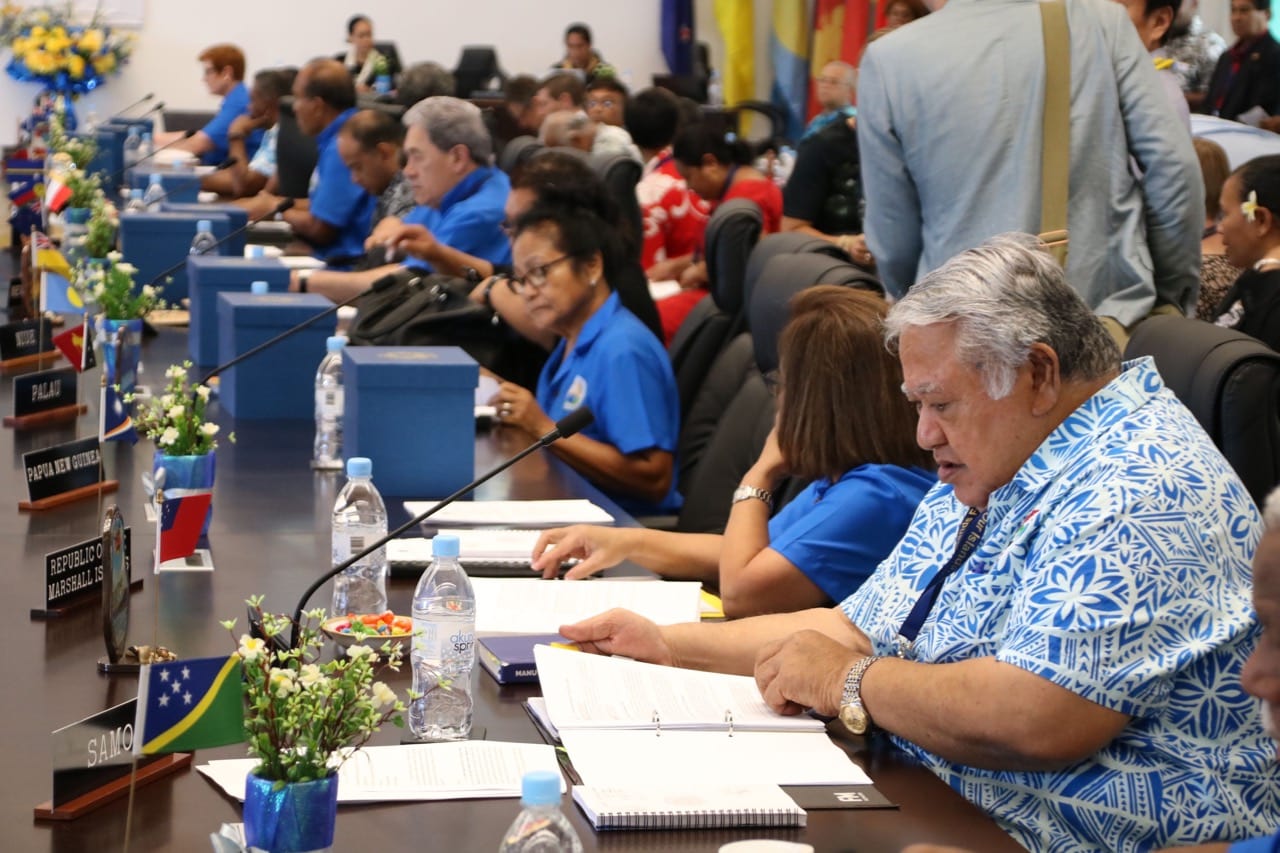The Samoan government is urged to halt plans for a state media council and return to the original timeframe recommended by the country's law reform commission.
Government in Samoa must halt plans for a state media council and return to the original timeframe recommended by the country’s law reform commission, says the Pacific Freedom Forum.
Plans for the new statutory media council are deeply concerning so soon after threats to ban journalists from Parliament, says PFF.
“Serious questions about the timing must be raised given that the government is breaking a two year timeframe recommended by its own law reform commission,” says PFF Chair Titi Gabi.
In June 2012, the Samoa Law Reform Commission issued a report supporting a national media council to hear complaints.
But the Commission recommended a two year period to allow local media an attempt at self-regulation through its own independent media council.
“Instead, we have a government that personally attacks the reputations of critics and reporters on a near daily basis now insisting that a state media council cannot wait a minute longer,” says Gabi.
“These attacks, as well as police failure to protect journalists from threats and assault; advice not to answer media questions, and a threat to ban journalists hardly inspire confidence in the future credibility and independence of any media council.”
News of plans for a media council were announced on 4 June 2013 by the Attorney General who said he had been “instructed” by cabinet to begin drafting a new law for a state media council.
“A reputation for good governance is no longer under threat in Samoa – it is now actively being damaged by a ruling party apparently unable to handle the heat of public debate,” says Gabi, based in Port Moresby.
“Government should remember that with heat comes light.”
PFF is calling on development partners to remind Samoa that freedoms of speech are constitutionally protected and a fundamental human right.
“We are especially concerned that government does not yet appear to be consulting with all media about the new council,” says Gabi.
News of the media council comes on top of two other events.
In one, on 5 July Samoa Observer Chief Reporter Sophie Budvietas had a laptop stolen from her car, with a threatening note left – a camera and other gear were left untouched.
The next week, official warnings from the state tourism authority were issued about a law passed in 2012 that gives them the power to seek prosecution against “prejudicial” reporting on Samoa tourism – with a maximum penalty of $5,000 fine and three months in jail.
The Tourism Development Act 2012 had previously escaped public attention, until it was raised during a series of workshops aimed at answering weeks of criticism from the industry about an alleged failure by government to properly market, develop and regulate the destination.
PFF co-Chair Monica Miller said government emphasis of their power to prosecute tourism critics shows a rapidly closing mindset.
“Instead of addressing the problems highlighted by the industry itself, and rightfully reported by the media, government seems to focus on shooting the messenger,” says Miller.
“Government is displaying a remarkably immature response for a country now enjoying its 51st year of independence, the oldest independent state in the Pacific Islands.”
“Government needs to act its age, and assume more statesman-like responses to public debate – cherishing criticism as valuable feedback, not rejecting anything that threatens its attempts to maintain an entirely unrealistic image of perfection.”


